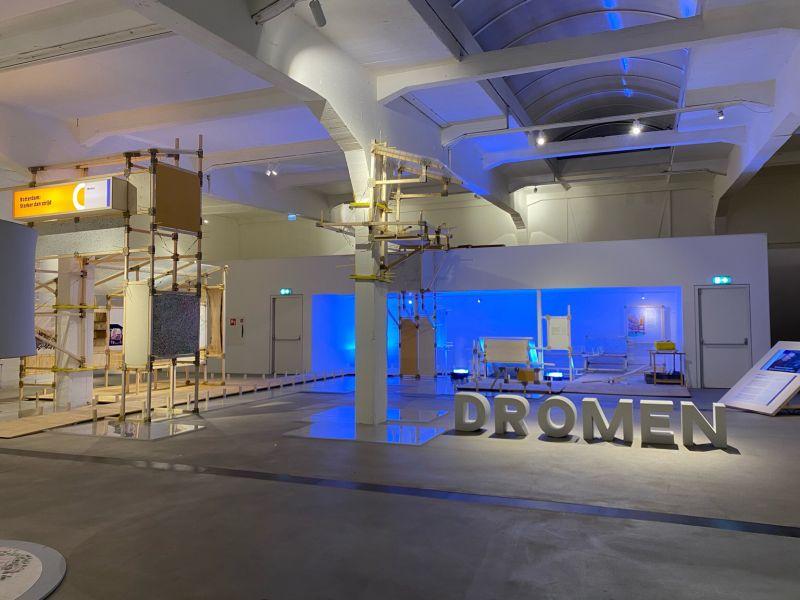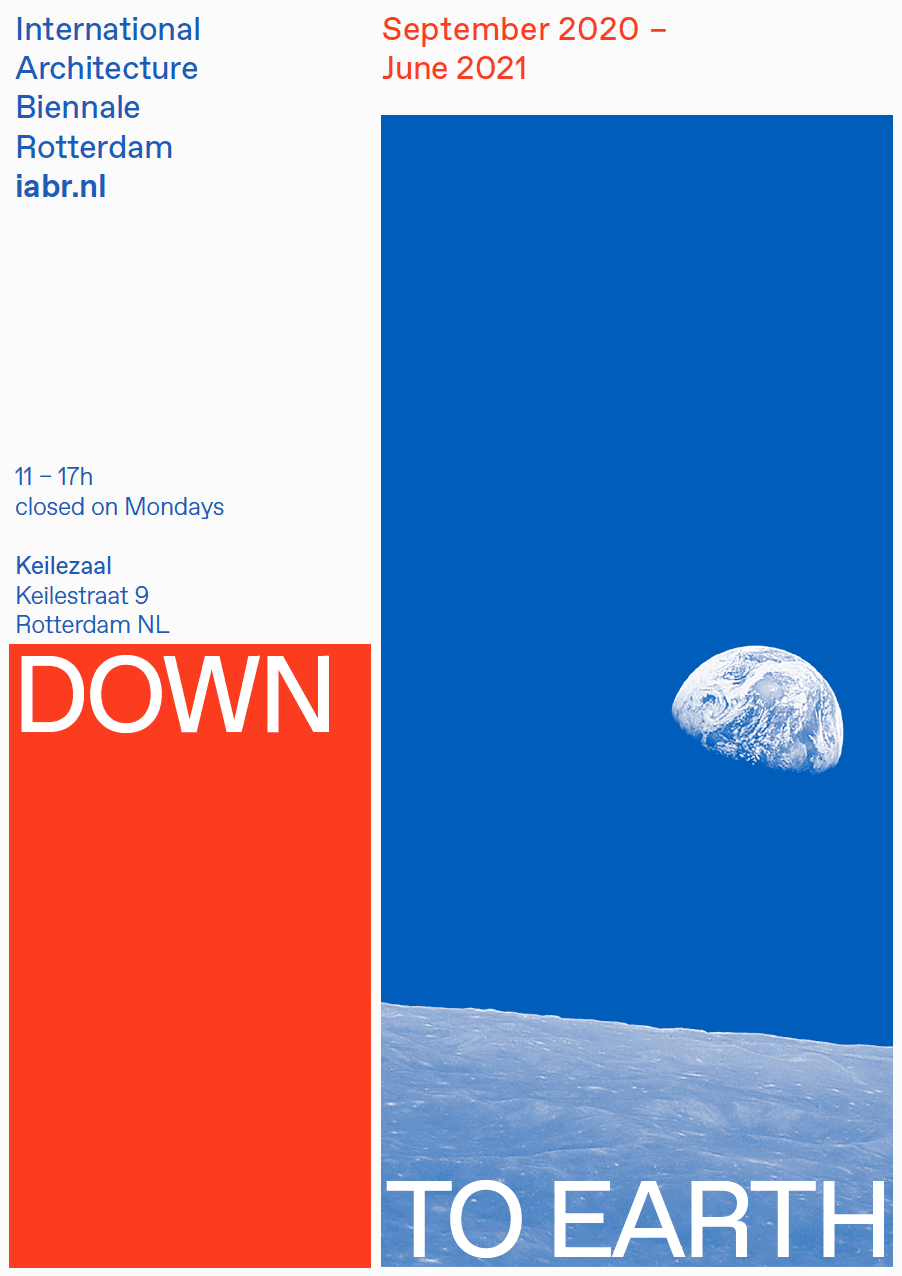For Rotterdam, a low-lying delta city, water has always been friend and foe. But against the backdrop of climate change, more and more, a sense of danger threatened to predominate. The consequences of global warming gave the water challenge Rotterdam faces a new urgency. Soil subsidence, water safety, extreme precipitation, heat, and drought are major and acute challenges for the city. Four architecture studio's, Verveeld Verward, De Zwarte Hond + Strootman Landschapsarchitecten, Marieke Vromans & Floor van den Bergh en Walden Studio, designed a future scenario for the city of Rotterdam in 2060.
Due to the extension of the lockdown this exhibition could not be opened to the public. However, you can still take a virtual tour of meteopolis (only in dutch): Click here.



